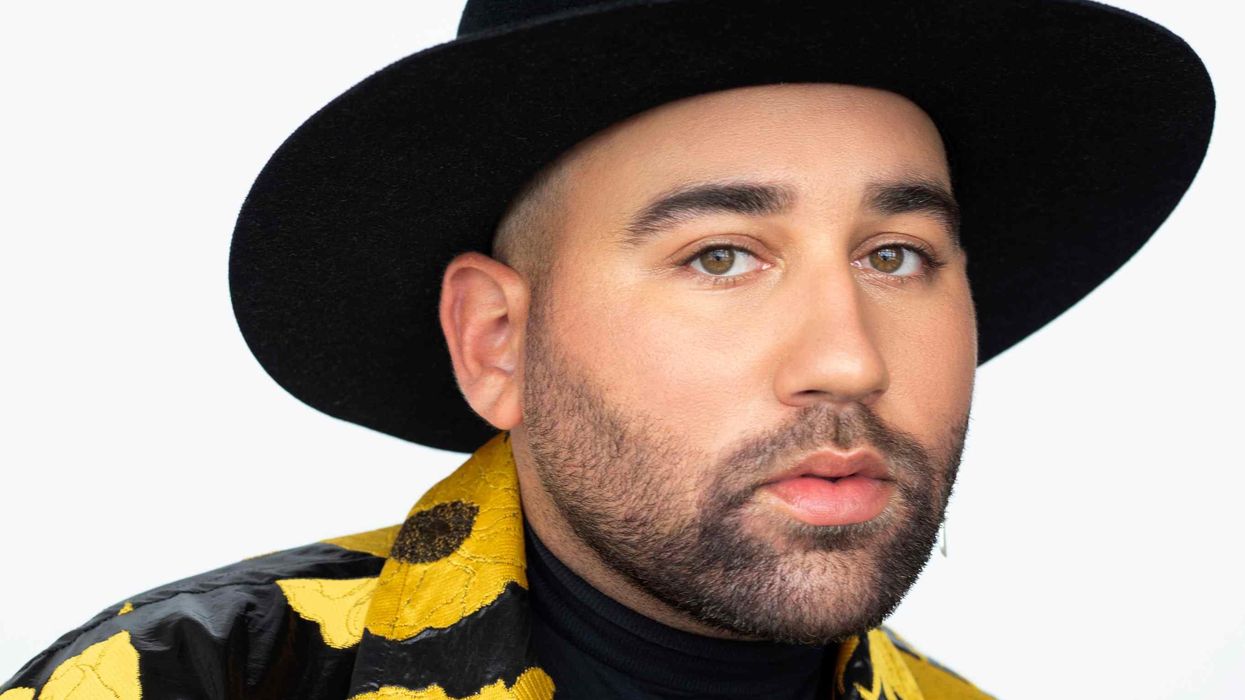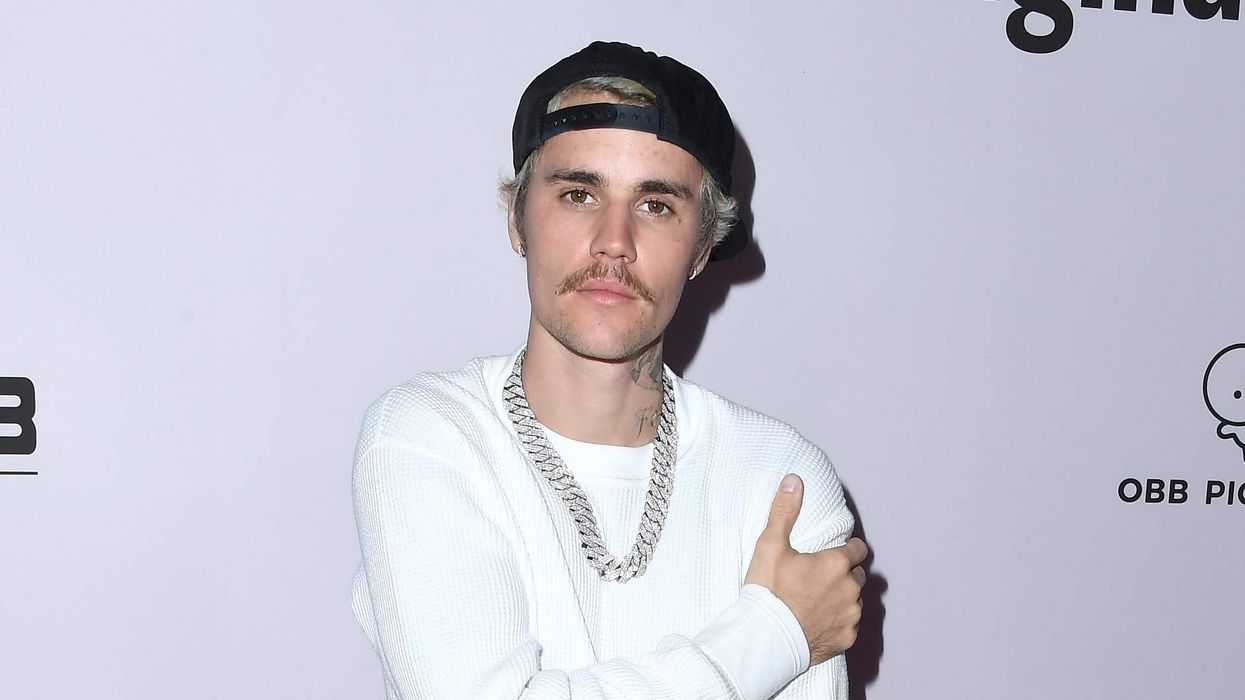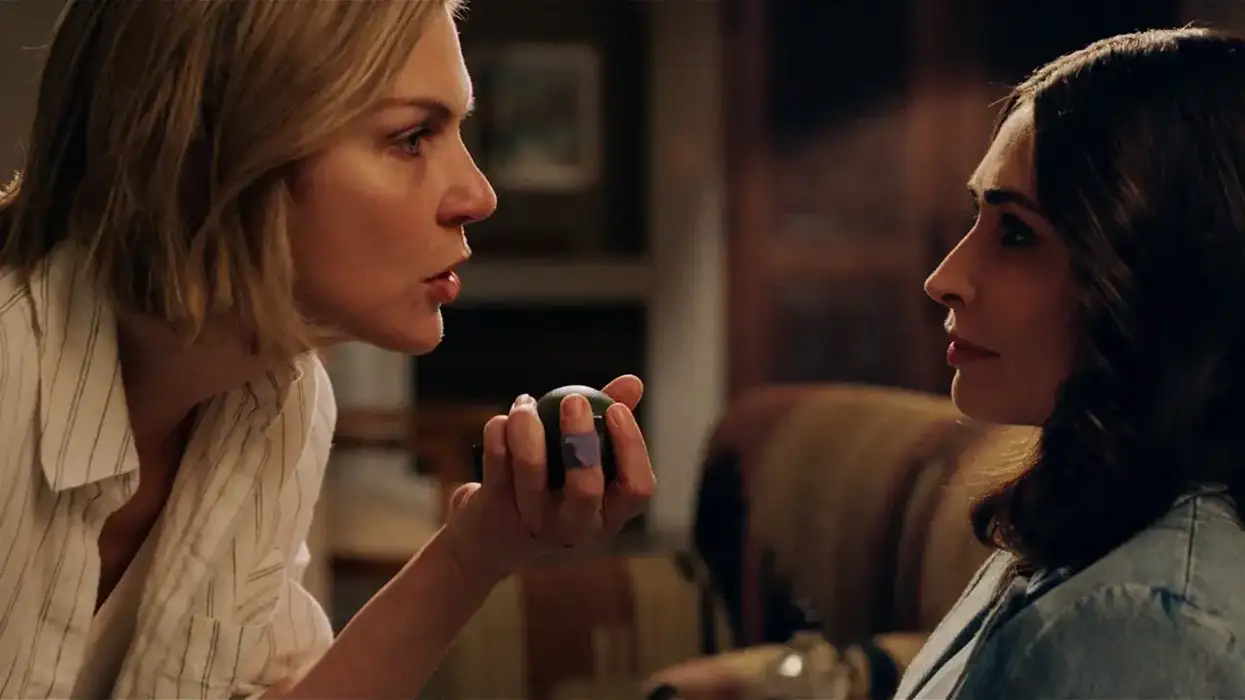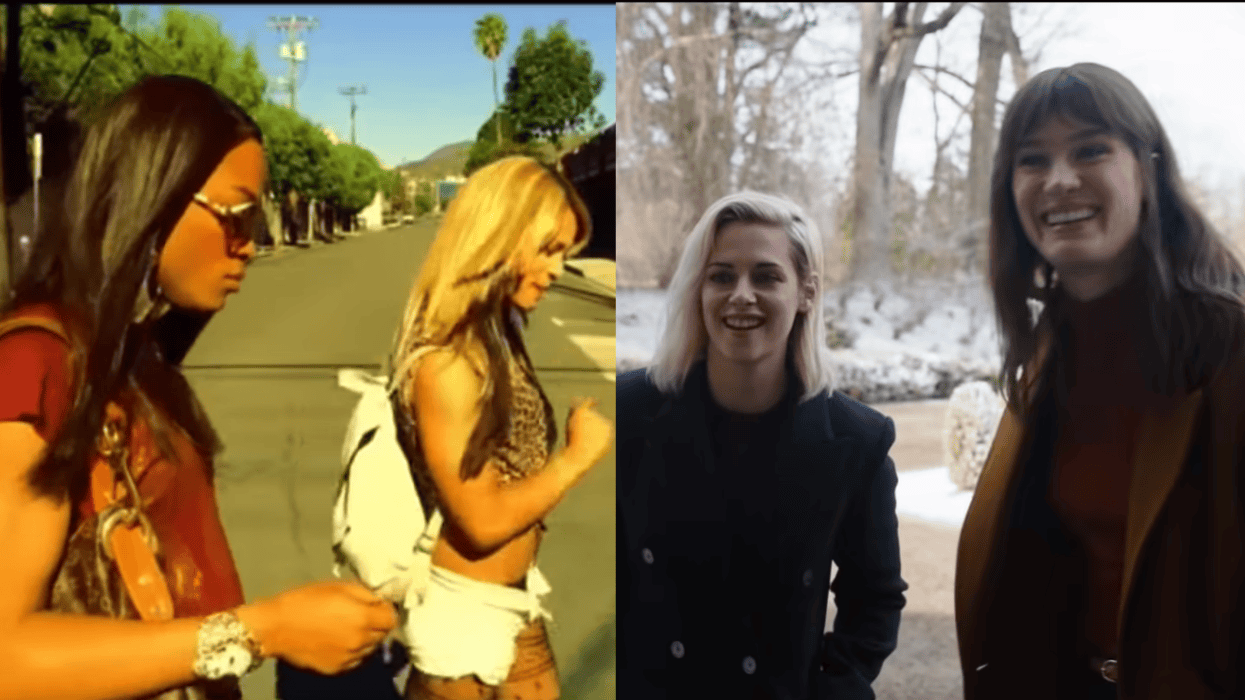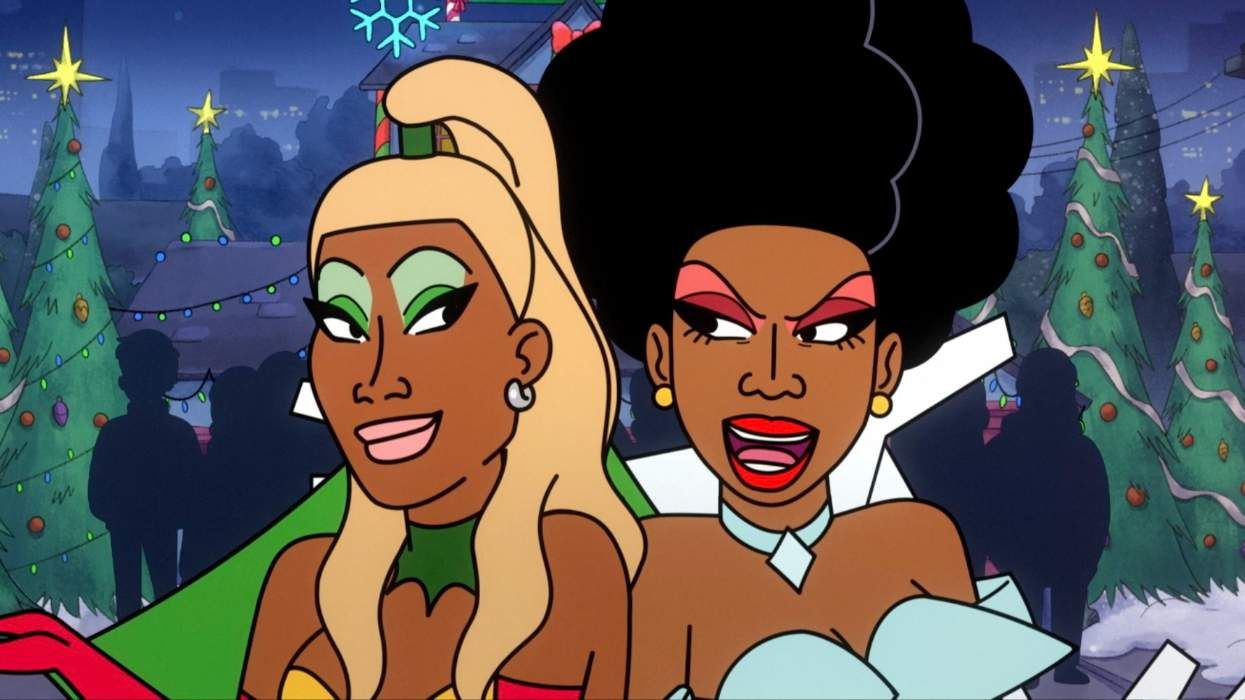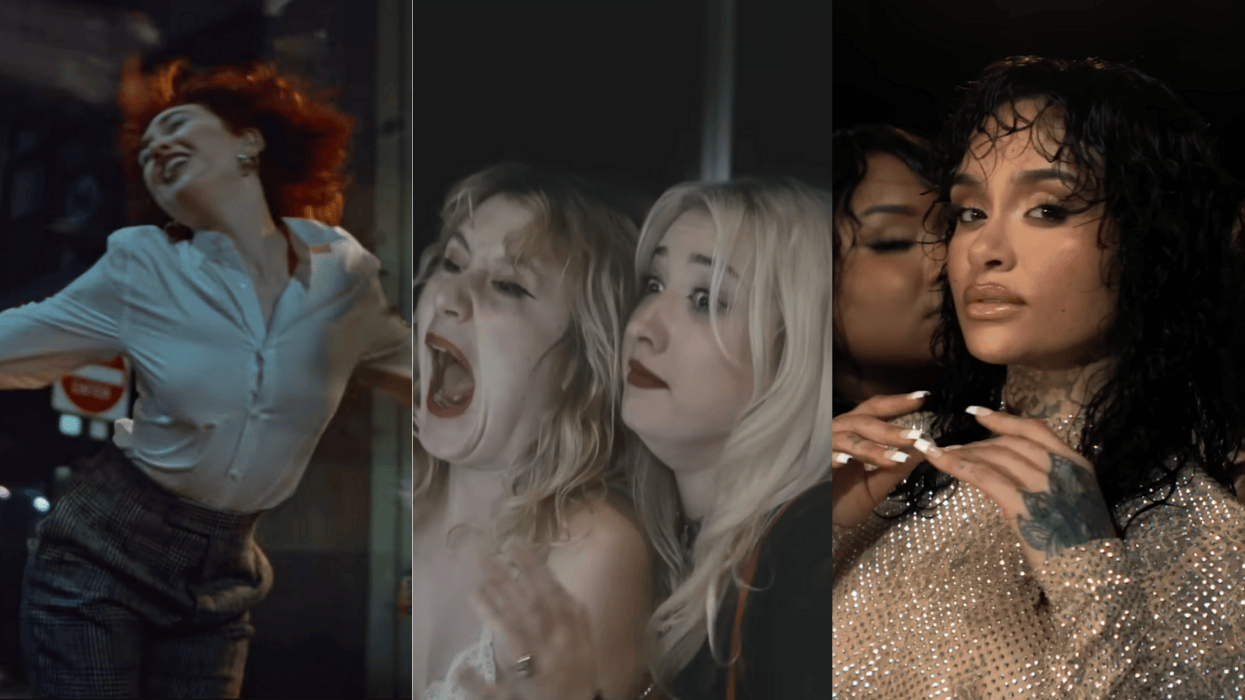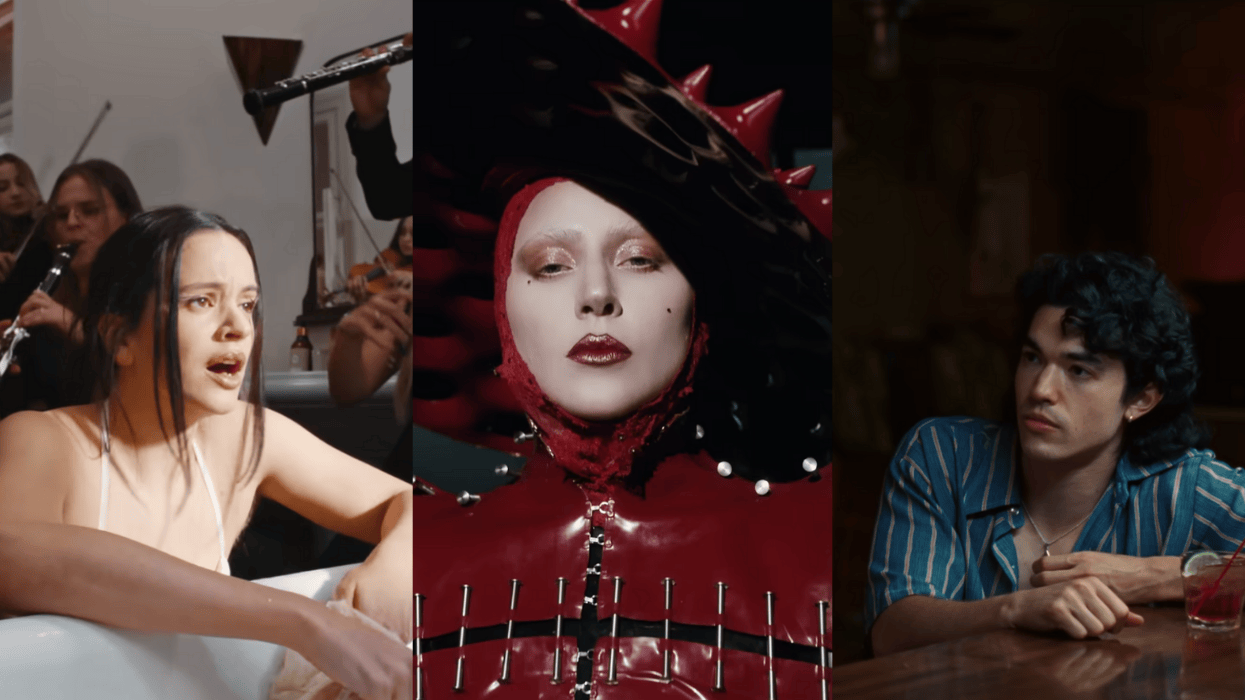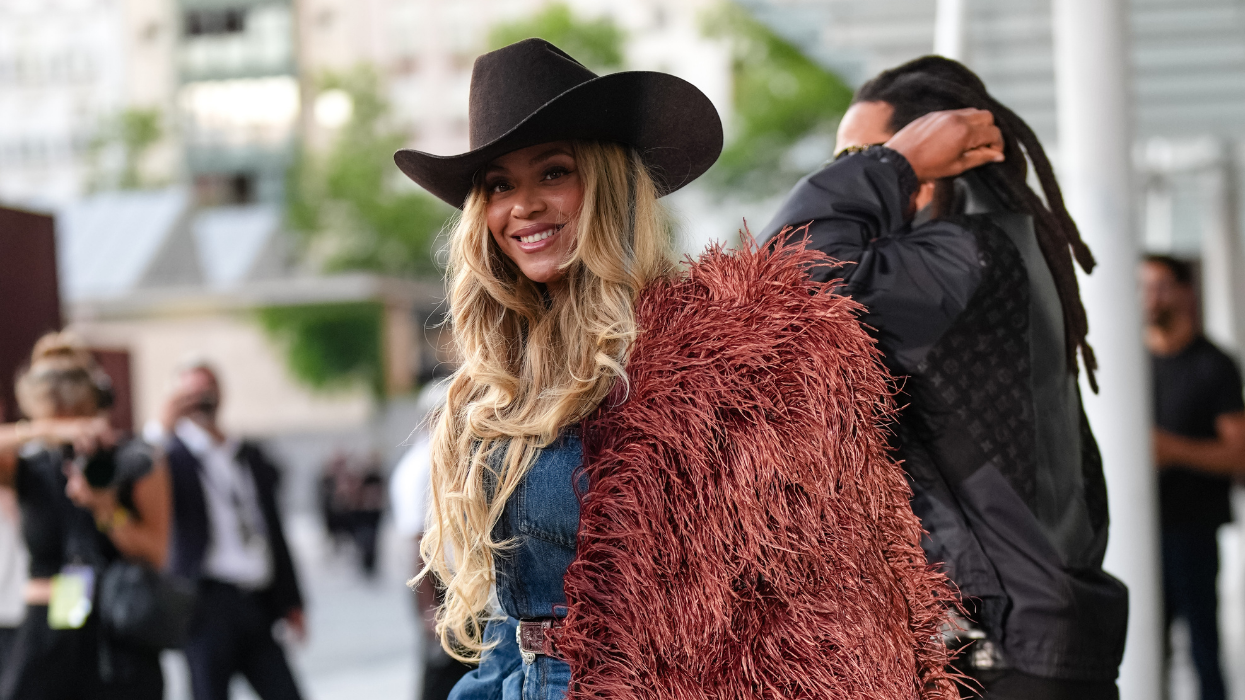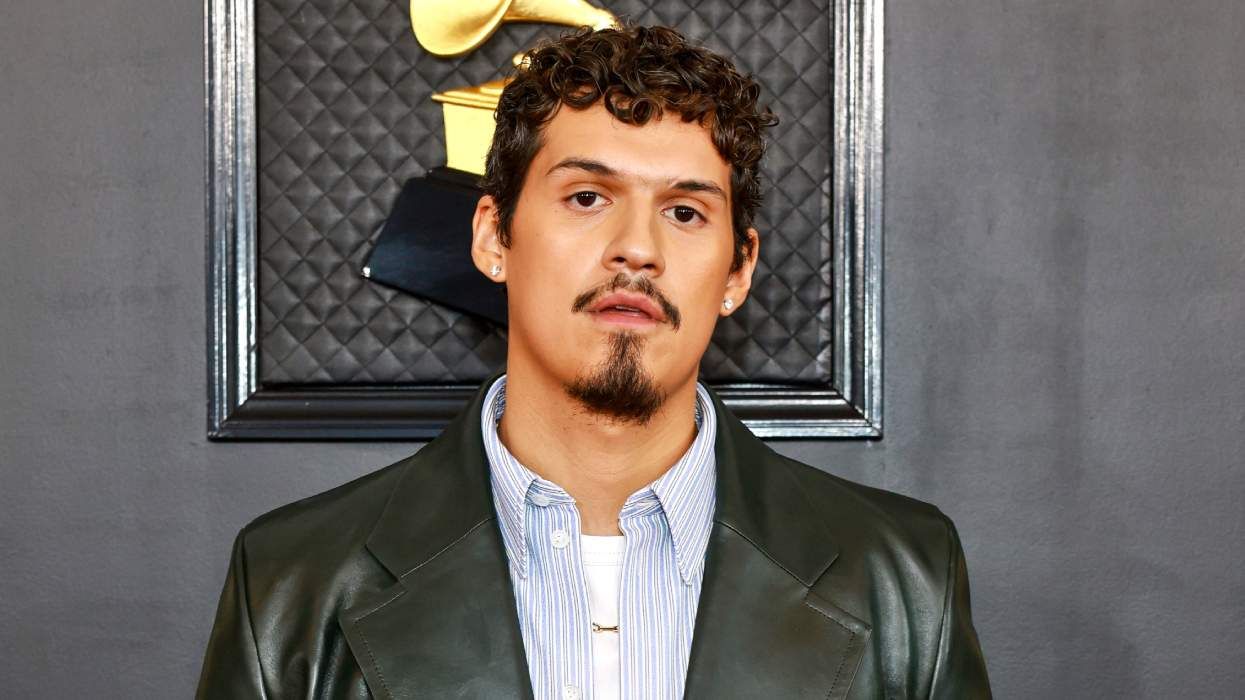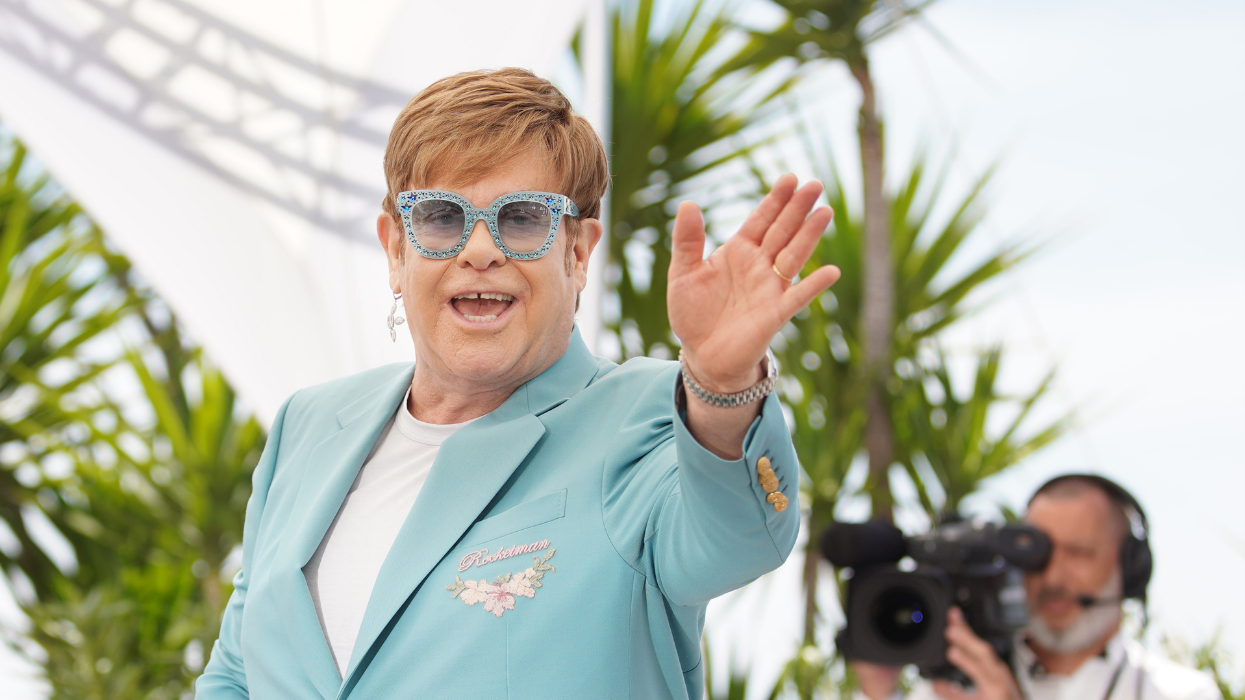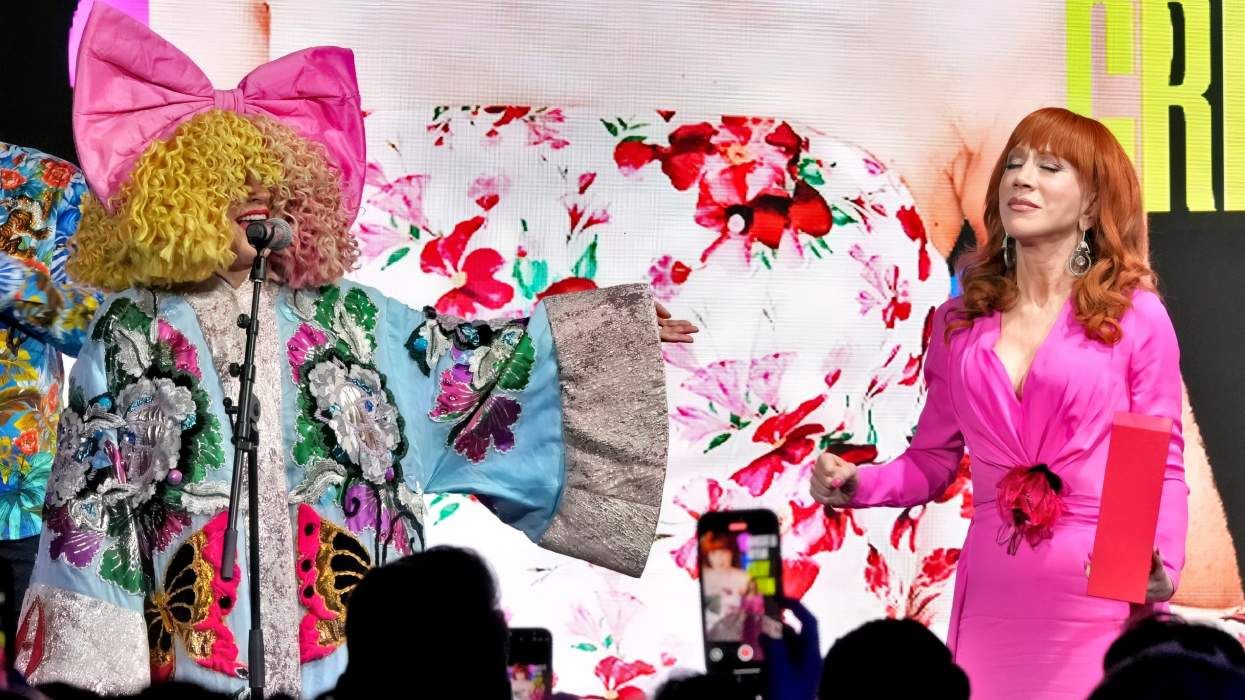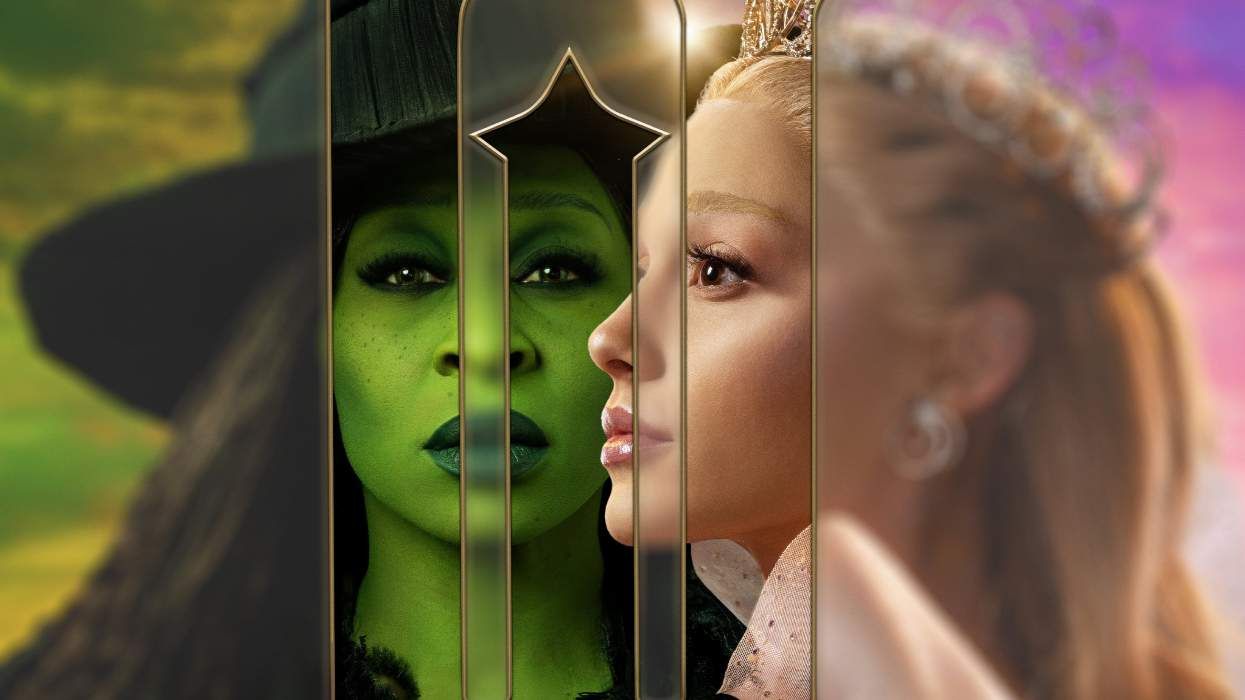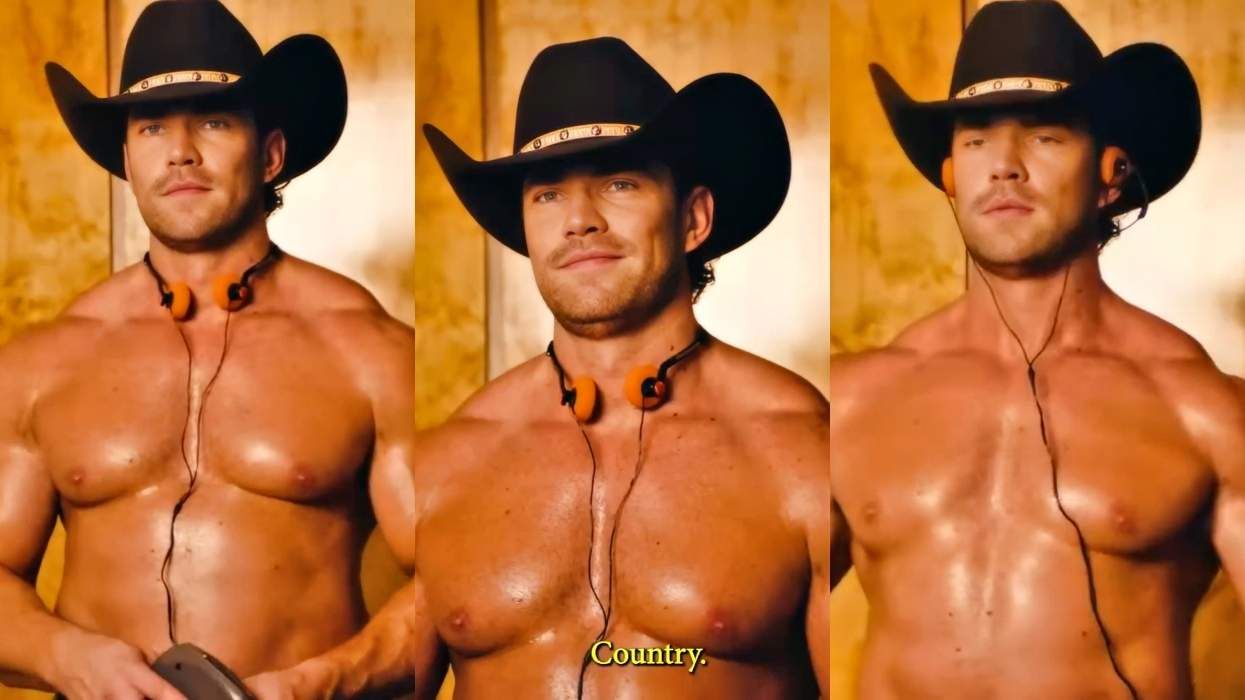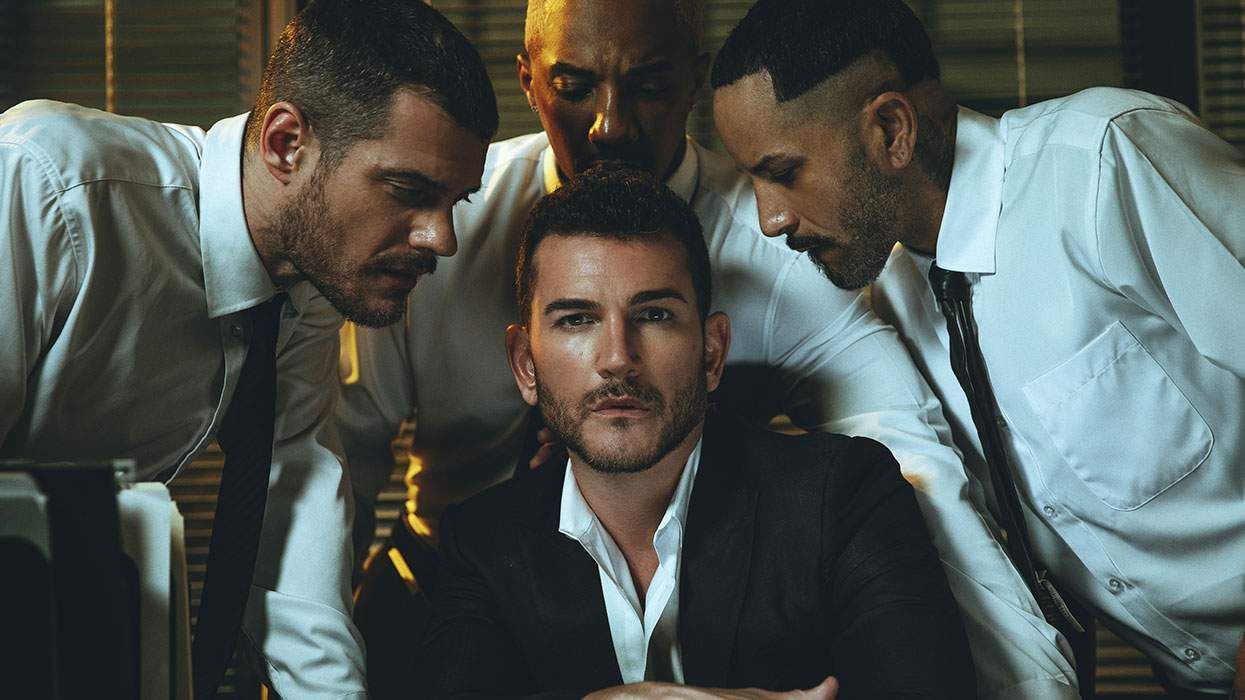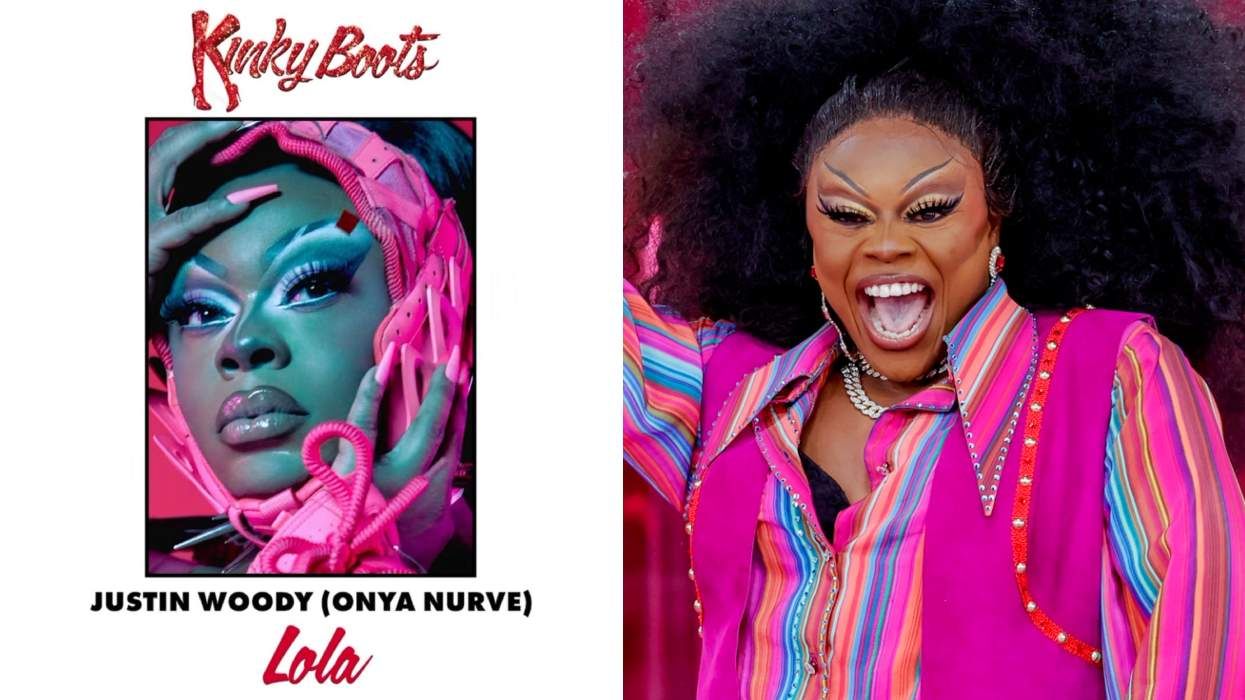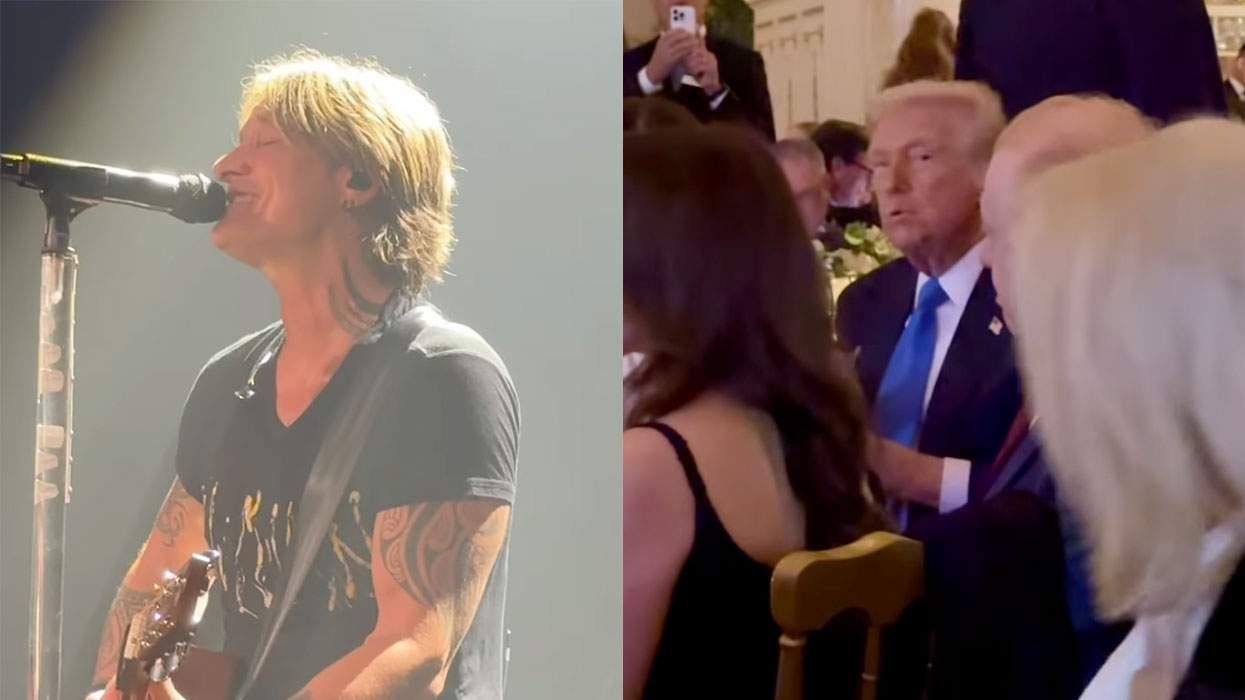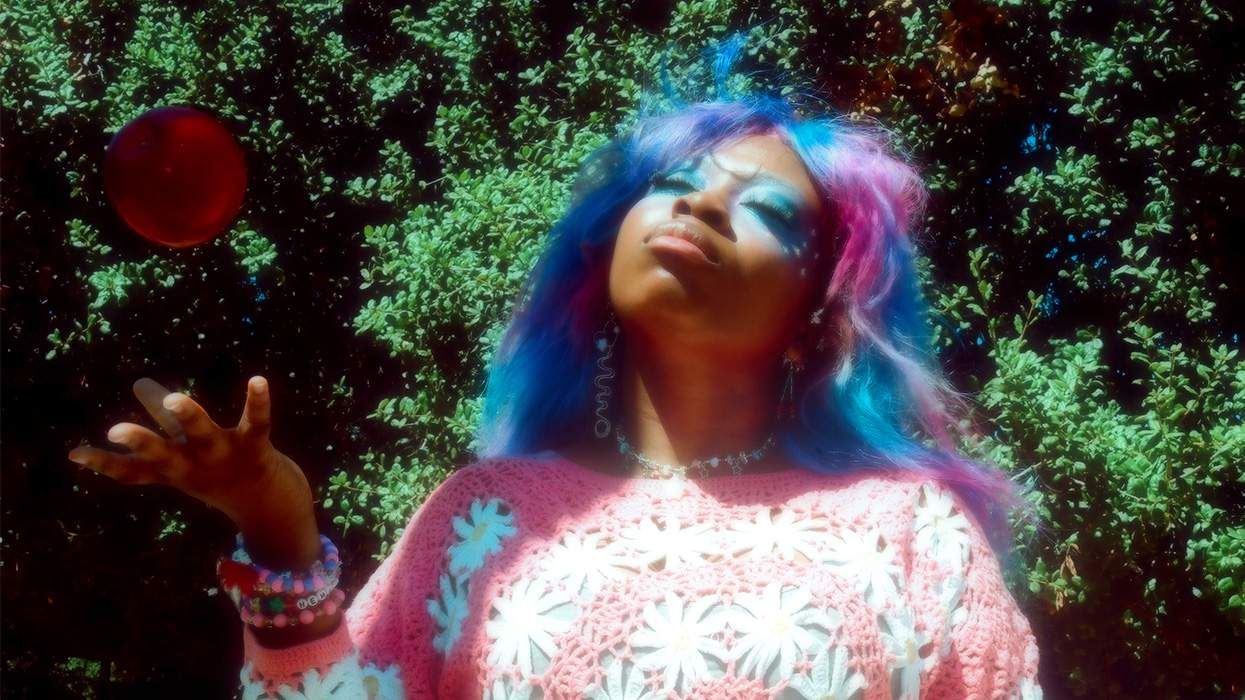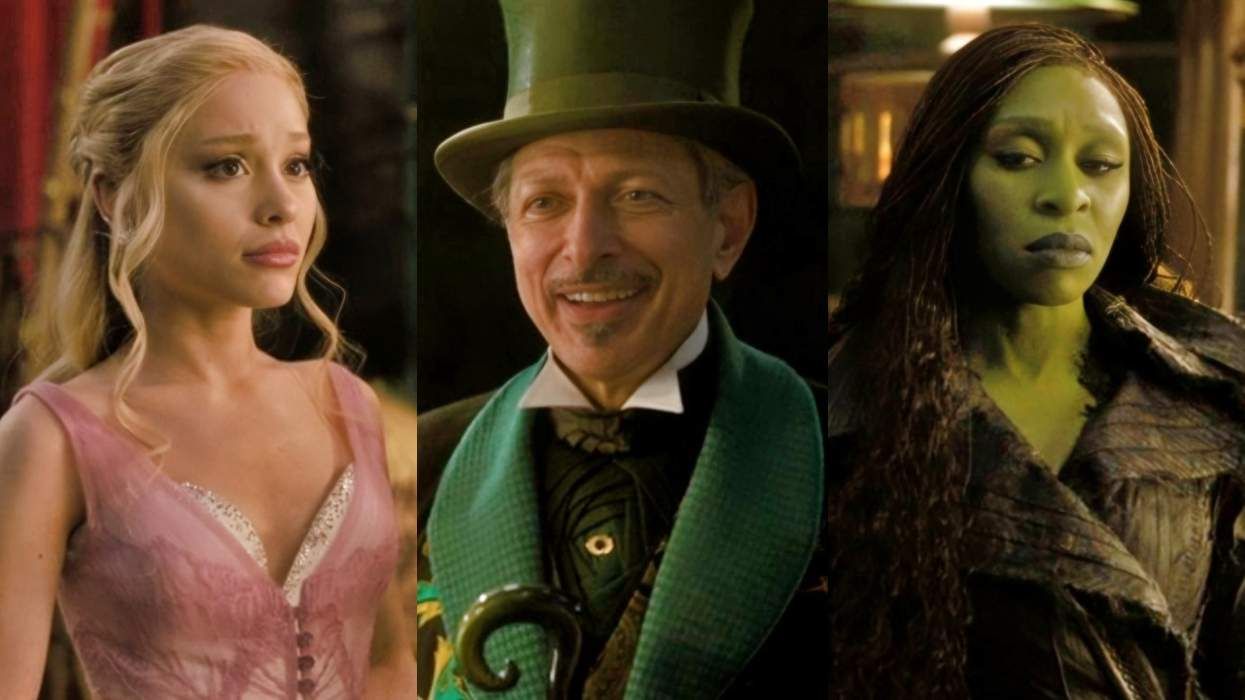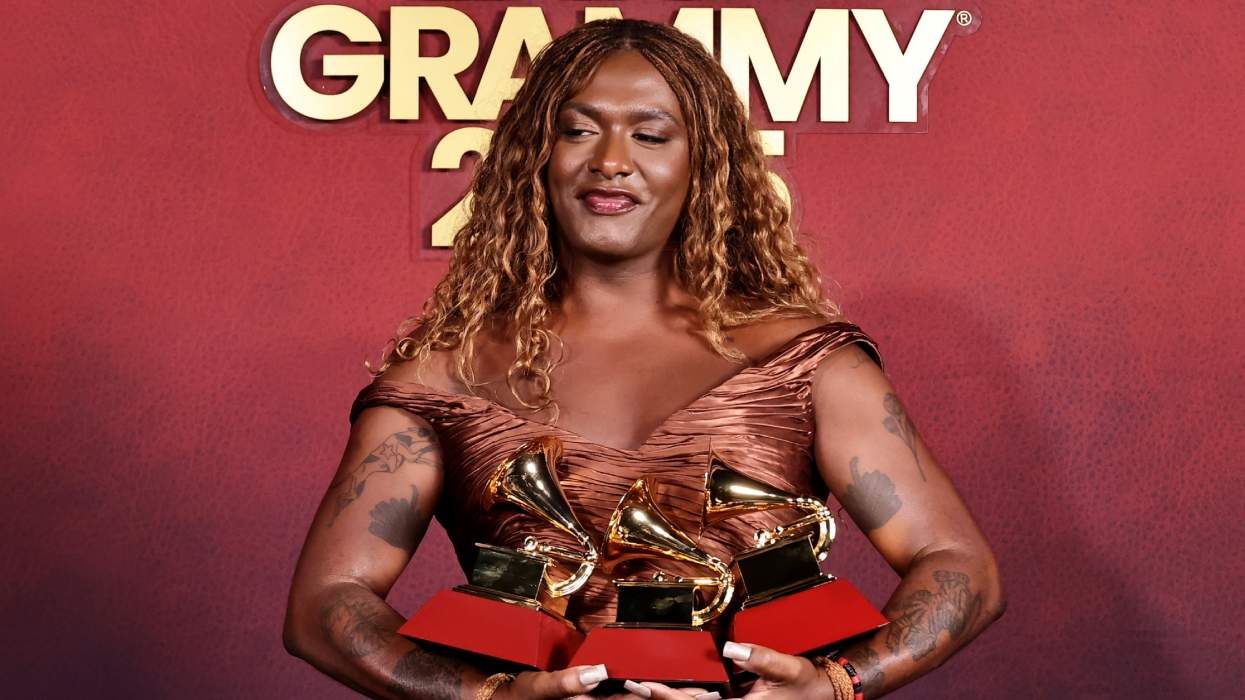From an early age, singer-songwriter Parson James has used music to heal.
As a mixed-race gay kid, growing up in the deeply racist South was not easy. These days, James is proving that success is the greatest form of revenge.
In 2015, the performer catapulted to the top of the charts and achieved instant fame when he penned and sang on KYGO's hit single "Stole The Show," which went multi-platinum in nearly 20 countries and amassed more than 1 billion global streams. He later dropped an acoustic version on YouTube. Now, the artist is back with a new single "High Tide Low Tide," the first since signing with his new label 12Tone Music. The emotional and introspective tune touches on the highs and lows of being in love with someone you're also trying to protect and, in many ways, save.
"My heart is constantly on my sleeve in relationships, friendships," the singer tells Out. "I have been in the past so eager and worried to please people and make sure that I'm seen in a positive light and make sure everyone else is OK, putting myself last in line. There are so many times that I encounter people I know I should not give the time of day to but there's something there that I'm like, 'Ugh, well I know how they feel. Everyone has a story and I can't judge them.'"
The feeling of getting caught inside the "high tide, low tide" of a person is beautifully summed up in the lyrics: My empathy is killin' me, I'm losin' sleep / Because of your ghost (your ghost) / But honestly, it's all on me / Your heart I seek, and now I'm too close to let go.
"That lyric has been floating around for a while," says James, who typically writes reflective songs about situations that have already happened. In this particular case, however, he wrote in real-time about a relationship he was experiencing while in quarantine.
"This will be the first situation where I was actively in the middle of something that was very difficult to go through and that is, you know, dating this guy during quarantine, him presenting in one way and then a month later, I'm like, Oh my God all this shit is coming out," he explains. "Typical story: I meet a guy and he's got such trauma. He's closeted, he is angry with himself and now he's angry at the world. And he's dependent on me because he loves my energy, so now there's a codependency. I was smack dab in the middle of it."
James would share his experiences with his music producer, which ended up laying the foundation for what became "High Tide Low Tide."
"It just kind of fell out," he says of the creative process. "I was going to see the guy right after the studio so it was so fresh in my mind. Like, I know this is not the right situation for me but I'm so empathetic that I feel the need to help this person through whatever he's going through. At the end of the day I'm going to be completely run dry, my well is gonna be empty, but I'm still doing it."
Authenticity has been James's core principle when creating music. His first EP, The Temple, was all about coming out of closet and celebrating yourself. Though at the time, he admits now, he was struggling to reach that place.
"Writing all that down and putting that out and making that a part of my message and what I stand for helped me grow," he says. "At that time I was 22, now I'm 29. From that age to now, so much happens anyway, but that was a good first step for me to use my art in that way. Now I find that every time I'm writing something, I have to really question if I'm being completely honest and authentic because it is hard sometimes to do. It's like going to a therapist and leaving out minor details. I want to make sure that everything I'm saying is coming from a real place because I know that once it's out there in the ether, people are going to latch on to it for reasons other than why I wrote it. But it's going to help us both. So, I don't mind being called a 'message-based artist' or to stand for specific things because so much of my life was spent in shadows and doubt. I know for sure that my purpose and calling is to help myself by writing and help others with what I'm saying."
His purpose is also shared by 12Tone Music, which he recently signed onto after leaving RCA Records, though he insists there's no bad blood.
"I don't have anything negative to say [about RCA]. It just ran its course," he says. "It completely launched my career but it ran its course and I had to get out of that deal because I felt a bit restricted. I felt like my message was getting a bit blurred, thus making me a bit confused as to what I was even doing any more."
James continues, "I spent a year where I was like, no label. I was just writing and rethinking everything: What do I stand for? Who am I? It was one of those midlife crisis moments where you're just like, What is my purpose?" he says. "I thought I wouldn't sign again. I thought I had set the groundwork and most of these people that I've been working with in the industry I made such beautiful relationships and friendships with. I was like, I got my friends, they'll work with me, they'll write with me."
It ended up being kismet when a producer slid into his DMs. After some back and forth, Parsons ended up sharing with them that he was no longer with RCA. It didn't take long for the singer to eventually reach top executives at 12Tone who, despite the pandemic challenges, cultivated and lifted his voice to new heights.
"This is a climate where the fans are not in the dark," he says of the evolution the music industry has had in nourishing LGBTQ+ voices. "There used to be some sense of elusiveness with your favorite artists, but now you know if they're getting coffee somewhere, you know, artists are very transparent."
He continues, "You can make a number one hit in your closet in the middle of Iowa if you wanted to and you don't need a record label to do that. So, I think creatives and artists have the advantage. They don't need a record label. You can really do your thing. You can go viral, you can get a TikTok, you can do whatever you need to do and some stroke of luck can get you a hit. There are just so many incredibly talented people out there. I think there's like 100,000 songs a day that go to Spotify. To cut through that noise is insane and it's overwhelming to think about, but at the end of the day I think labels are in a position where they need to back the artist's vision, let the artists create freely and play their part."
"High Tide Low Tide" is now available on streaming platforms.


